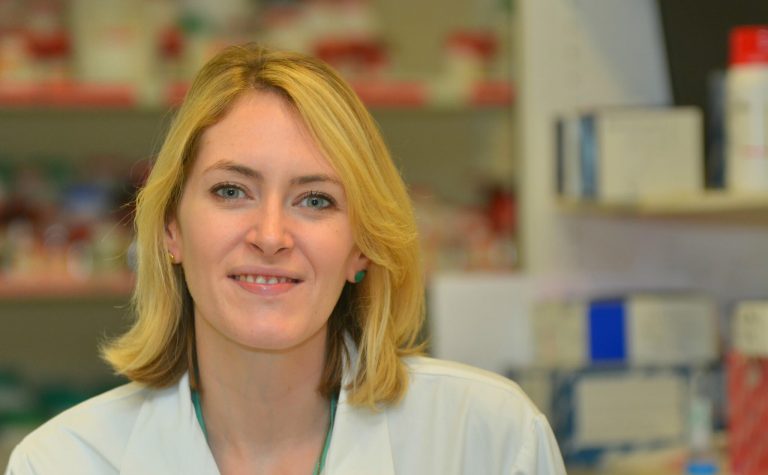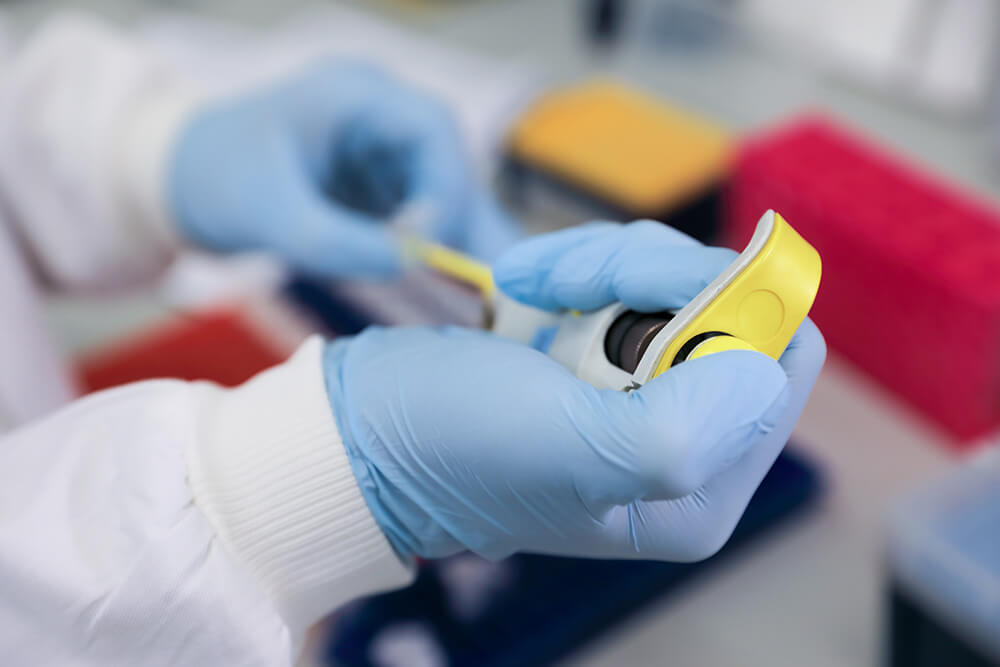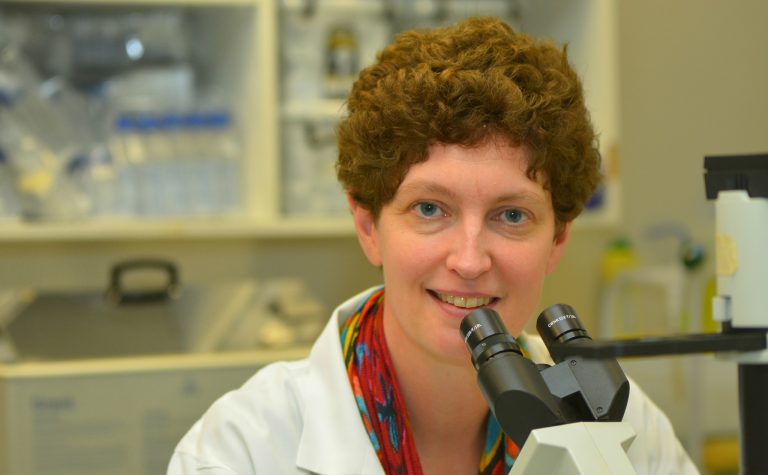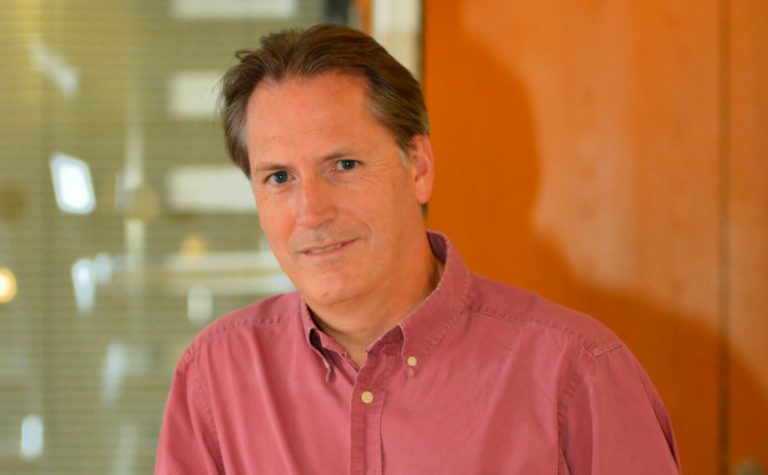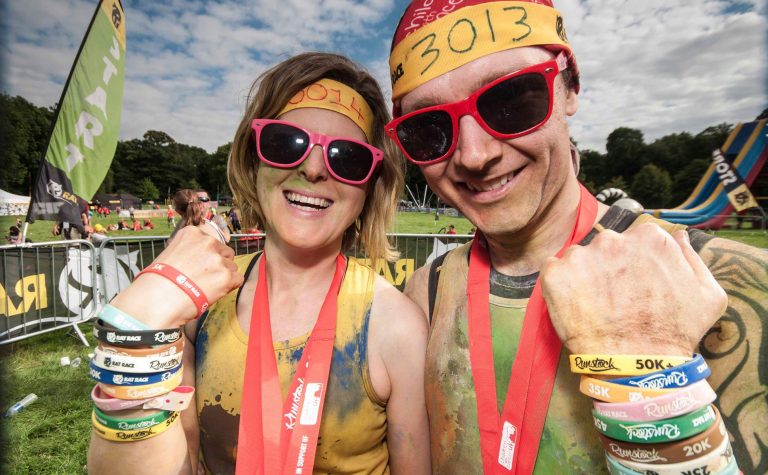Project Details
Project Title
Evaluation of B7H3 as a novel target for immunotherapy in childhood cancer
Lead Researcher
Kathleen Birley
Research Centre
Institute of Child Health, University College London
City & Institution Postcode
London WC1N 1EH
Start Date
17 October 2016
Duration
56 months
Grant Amount
£323,089
